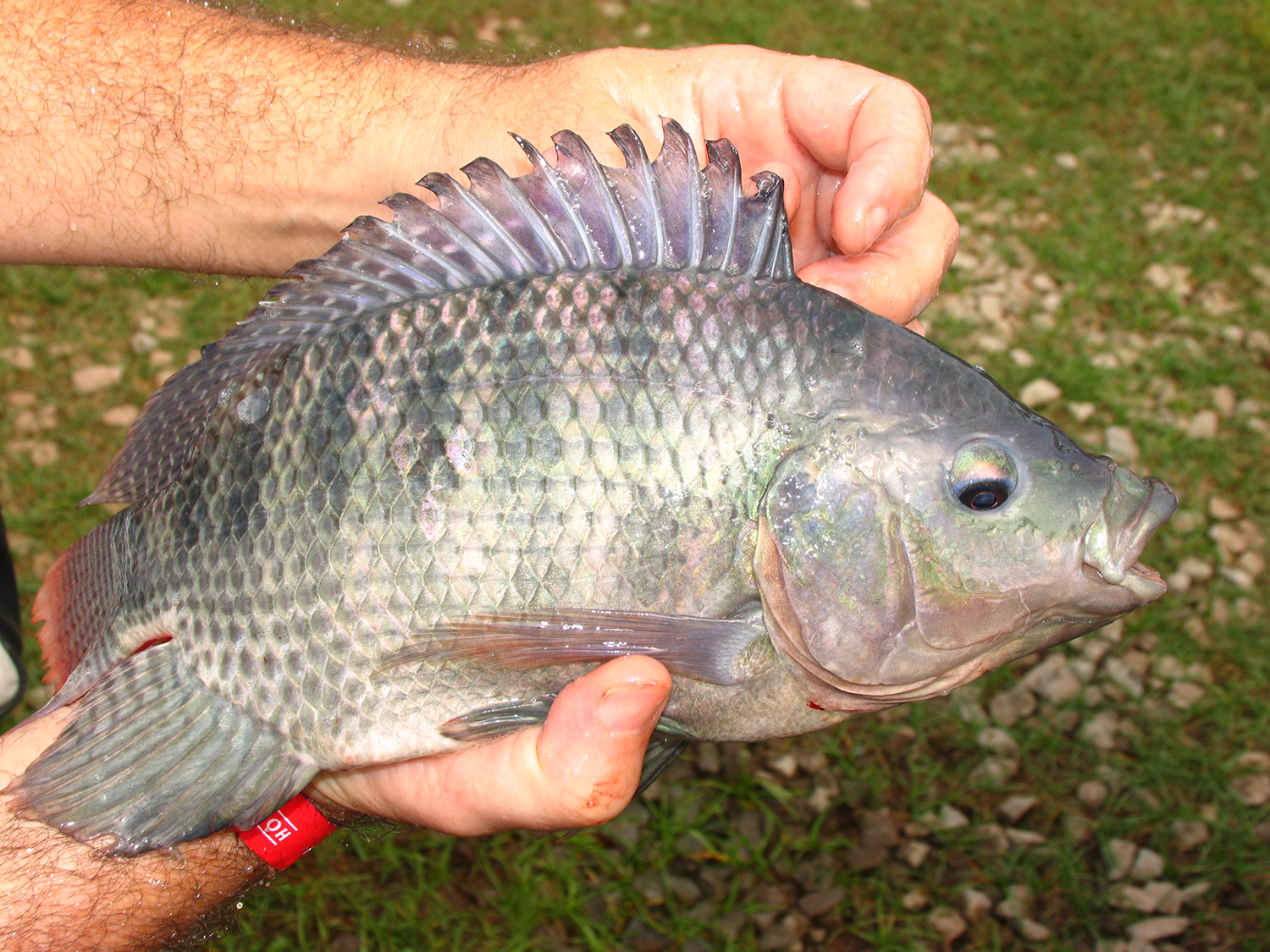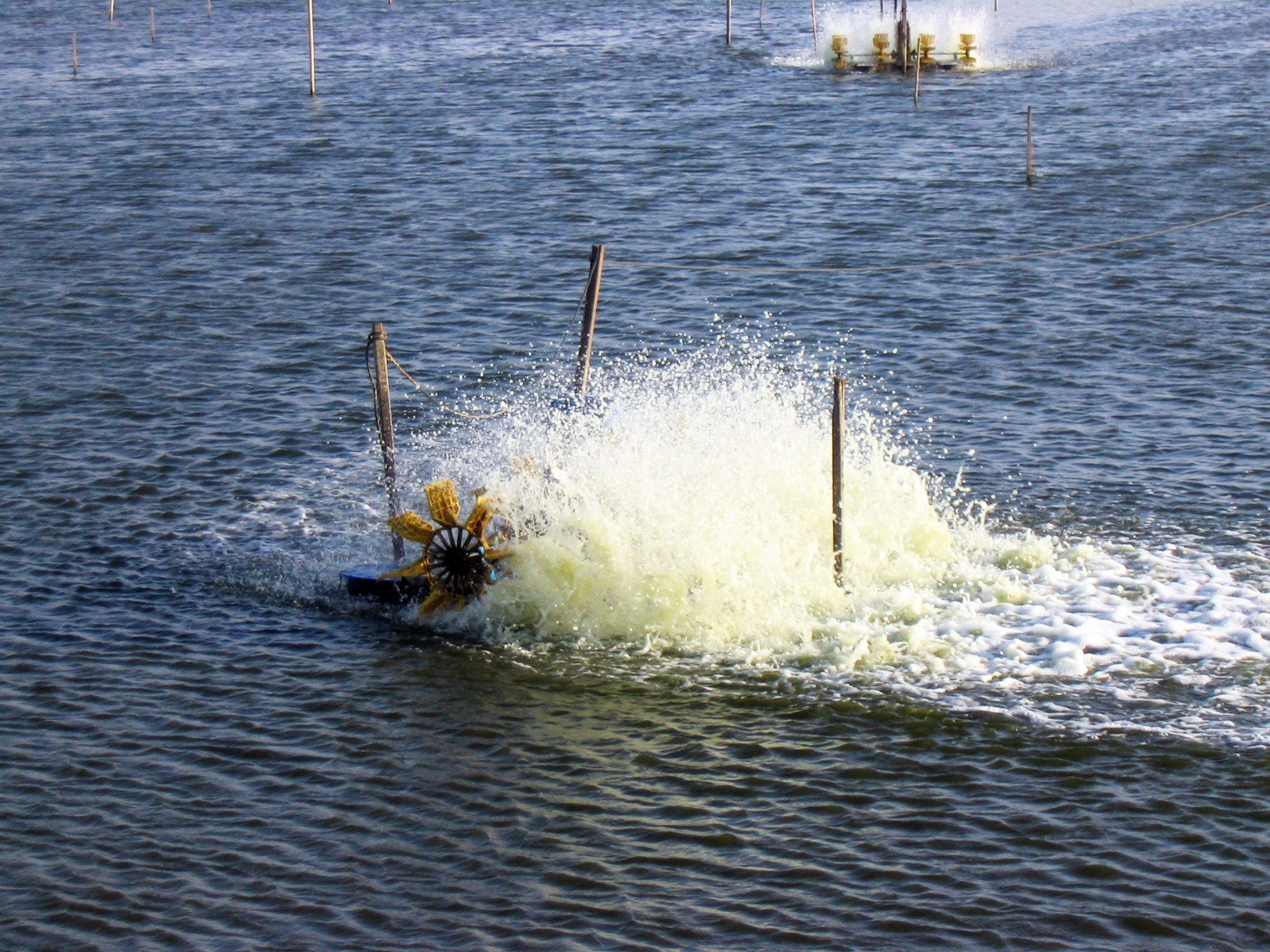Principles of aquaculture (1+1) aquaculture is the farming of aquatic organisms such as fish, crustaceans, mollusks, and aquatic plants. aquaculture involves cultivating freshwater and saltwater populations under controlled conditions, and can be contrasted with commercial fishing, which is the harvesting of wild fish.. This book covers all aspects of subsistence and commercial aquaculture practiced around the world and would be of use to aquaculture students and those involved in the aquaculture industry and fish farms, research institutions, teaching, and aquaculture equipment and feed suppliers. the new edition is fully revised and covers recent developments in history and planning, nutrition, reproduction.... "the new edition of aquaculture: principles and practices is a useful addition to the literature, and it is suitable as a textbook for college and university courses." aquaculture international “the first edition of this fins book was reviewed on these pages some fifteen years ago. …now it has simply grown much bigger and better..
Replacing dietary fish oil with palm oil in nile tilapia
Grain distillers dried yeast in practical diets for
Pond aeration and aerators: second thoughts « global
Principles of fish culture and aquaculture systems. authors; authors and affiliations; james w. meade; chapter. 137 downloads; abstract. the days of the hunter-gatherer are largely past. it costs less energy—requires less effort—to grow crops—or turkeys, or cattle, or flowers, or mushrooms, or just about anything organic—than it does to. 4. principles and technical guidelines on the use of wild fish as feed in aquaculture 23 4.1 principles governing the use of wild fish as feed in aquaculture 23 4.1.1 fisheries management considerations 23 4.1.2 ecosystem and environmental impacts 25 4.1.3 ethical issues and responsible use 26 4.1.4 aquaculture technology and development 32. Aquaculture involves cultivating freshwater and saltwater populations under controlled conditions, and can be contrasted with commercial fishing, which is the harvesting of wild fish. mariculture commonly known as marine farming refers to aquaculture practiced in marine environments and in underwater habitats..


0 komentar:
Posting Komentar